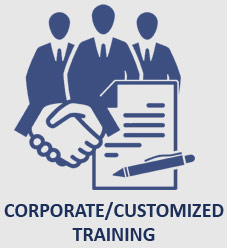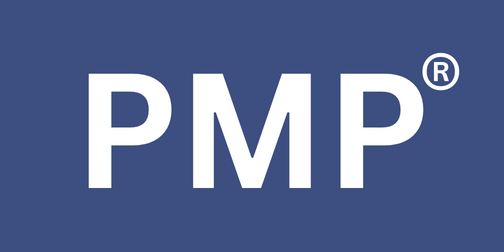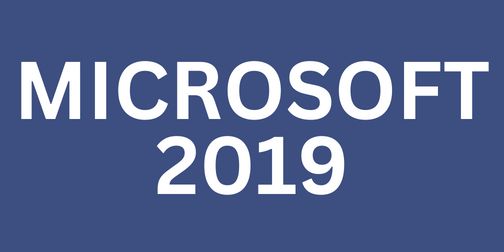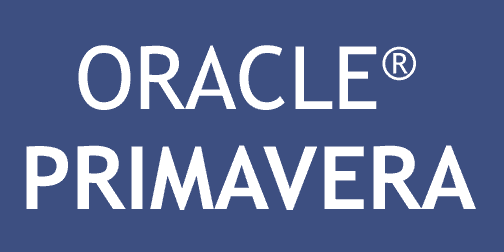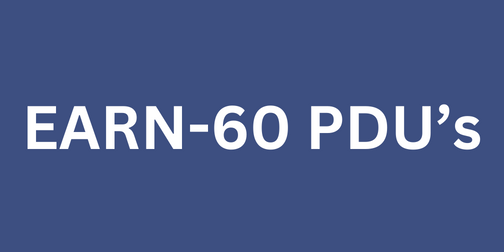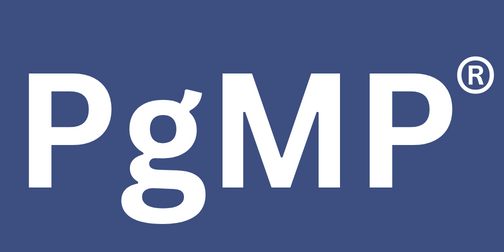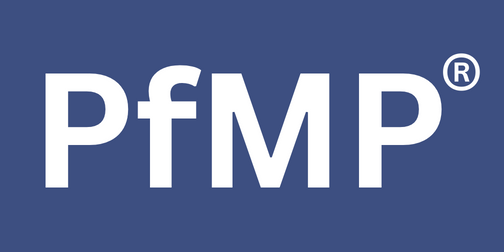PMI-Agile Certified Practitioner
The PMI Agile Certified Practitioner (PMI-ACP)® formally recognizes your knowledge of agile principles and your skill with agile techniques. It will make you shine even brighter to your employers, stakeholders and peers.
The PMI-ACP® is one of the fastest growing certifications, and it’s no wonder. Organizations that are highly agile and responsive to market dynamics complete more of their projects successfully than their slower-moving counterparts — 75 percent versus 56 percent — as shown in our 2015 Pulse of the Profession® report.
The PMI-ACP is the fastest growing certification from the Project Management Institute. In its first year alone, it has overtaken the Risk, Scheduling, and Program Management certifications. It has also become the gold standard for agile competence a seen by the employers. There are many reasons why people aim to be recognized as PMI-ACP, including the following:
- High Demand: There is a high demand for agile in the past couple of years, and a certification allows employers to determine whether a project manager is knowledgeable on agile principles, techniques, and tools. The PMI developed the certification for project managers who are utilizing agile practices in their projects or for PMs who belong to organizations that adopt Agile methods to project management.
- Coverage: Like other Agile certifications, PMI-ACP is not limited to a single method. Rather, it covers a broad range of agile methods (Scrum, Kanban, XP, FDD, Crystal, DSDM, etc.)
- Higher Compensation: It is a given fact that people with better skills earn more than those with average. In the same way, if you have more certifications, including PMI-ACP, you also have the right to demand a higher salary. Therefore, if you want to be more financially stable in your career, obtaining such certification may prove to be necessary.
- Professional Growth: In most instances, PMI-ACP is not just all about the possible monetary increase from your work. The certification program will help you to learn more about various Agile methods, and you do not need to be worried about the obsolescence of what you now. Through their certification maintenance program, you can stay updated in spite of the changes introduced in your line of work.
- Job Opportunities: Having this certification will also make you a more bankable employee. In fact, employers may even be chasing you because you are highly qualified in the field of project management and other related fields. It can open up opportunities for your career advancement.
Given the benefits that have been mentioned above, there is no wonder why many people are interested in having PMI-ACP certification.
Program Outline
-
- Introduction
- PMI-ACP Examination Content Outline
- Domains and Tasks for PMI Agile Certified Practitioner (PMI-ACP)
- Domain I: Agile Principles and Mindset - Explore, embrace, and apply agile principles and mindset within the context of the project team and organization.
- Domain II: Value-Driven Delivery - Deliver valuable results by producing high-value increments for review, early and often, based on stakeholder priorities. Have the stakeholders provide feedback on these increments, and use this feedback to prioritize and improve future increments.
- Domain III: Stakeholder Engagement - Engage current and future interested parties by building a trusting environment that aligns their needs and expectations and balances their requests with an understanding of the cost/effort involved. Promote participation and collaboration throughout the project life cycle and provide the tools for effective and informed decision making.
- Domain IV: Team Performance - Create an environment of trust, learning, collaboration, and conflict resolution that promotes team self-organization, enhances relationships among team members, and cultivates a culture of high performance.
- Domain V: Adaptive Planning - Produce and maintain an evolving plan, from initiation to closure, based on goals, values, risks, constraints, stakeholder feedback, and review findings.
- Domain VI: Problem Detection and Resolution - Continuously identify problems, impediments, and risks; prioritize and resolve in a timely manner; monitor and communicate the problem resolution status; and implement process improvements to prevent them from occurring again.
- Domain VII: Continuous Improvement (Product, Process, People) - Continuously improve the quality, effectiveness, and value of the product, the process, and the team.
- Tools and Techniques : Knowledge of application of the various agile tools and techniques.
PMI-Agile Certified Practitioner
Toolkit
This illustrate the breadth of the toolkit, but are NOT meant to provide an exhaustive list of all techniques and tools in the toolkit
Agile Analysis and Design Including but not limited to: product roadmap user stories/backlog story maps progressive elaboration wireframes chartering personas agile modeling workshops learning cycle collaboration games.
Agile Estimation Including but not limited to: relative sizing/story points/T-shirt sizing wide band Delphi/planning poker affinity estimating ideal time.
Communications Including but not limited to: information radiator team space agile tooling osmotic communications for co-located and/or distributed teams two-way communications (trustworthy, conversation driven) social media–based communication active listening brainstorming feedback methods.
Interpersonal skills Including but not limited to: emotional intelligence collaboration adaptive leadership servant leadership negotiation conflict resolution.
Metrics Including but not limited to: velocity/throughput/productivity cycle time lead time EVM for agile projects defect rate approved iterations work in progress.
Planning, Monitoring, and Adapting Including but not limited to: reviews Kanban board task board timeboxing iteration and release planning variance and trend analysis WIP limits daily stand ups burn down/up charts cumulative flow diagrams backlog grooming/refinement product-feedback loop.
Process Improvement Including but not limited to: Kaizen the Five WHYs retrospectives, intraspectives process tailoring/hybrid models value stream mapping control limits pre-mortem (rule setting, failure analysis) fishbone diagram analysis.
Product Quality Including but not limited to: frequent verification and validation definition of done continuous integrationtesting, including exploratory and usability.
Risk Management Including but not limited to: risk adjusted backlog risk burn down graphs risk-based spike architectural spike.
Value-Based Prioritization Including but not limited to: ROI/NPV/IRR compliance customer valued prioritization requirements reviews minimal viable product (MVP) minimal marketable feature (MMF) relative prioritization/ranking MoSCoW Kano analysis.
- High Demand
- Higher Compensation
- Professional Growth
- Job Opportunities
- Meet Qualifying Criteria
- Undertake Formal Project Management Training
- 21 Contact Hours of Education
- Become PMI® Member
- Apply for PMI-ACP® Certification
- Schedule Exam at local Prometric Testing Center
- Appear for the exam
- Pass the Exam
- Start working towards continuous professional development
- Assess Participant's Profile
- Provide a Road Map for PMI-ACP® Certification
- Share Details about Costs associated with the PMI-ACP® Exam
- Provide Options to attend 21 Hours Training via
- Classroom
- Live Learning - Query Handling Facility over E-mail
- 1000+ Practice Questions for (PMI-ACP)® Exam
- Dedicated Customer Support for
- PMI® Membership
- PMI-ACP® Application Submission
- Exam Booking











